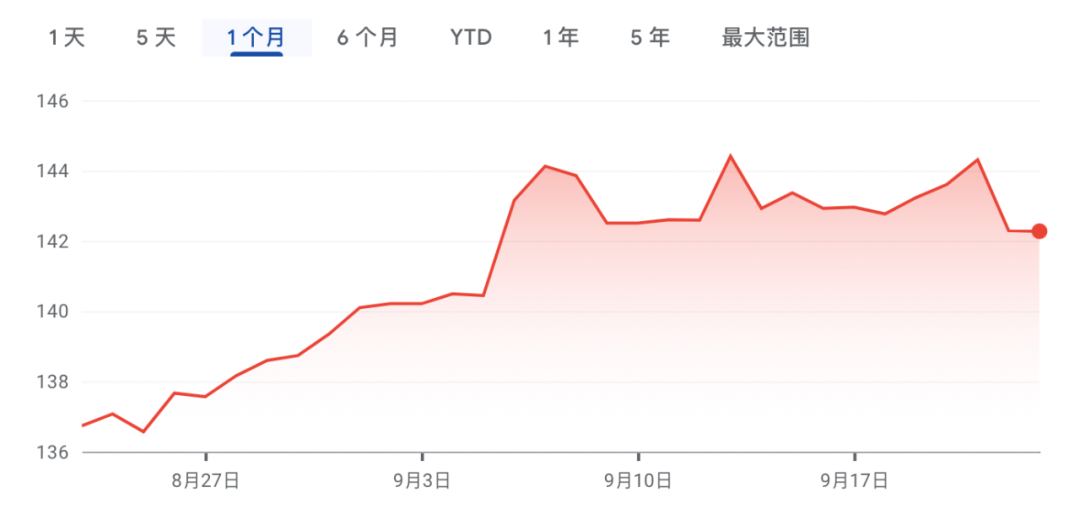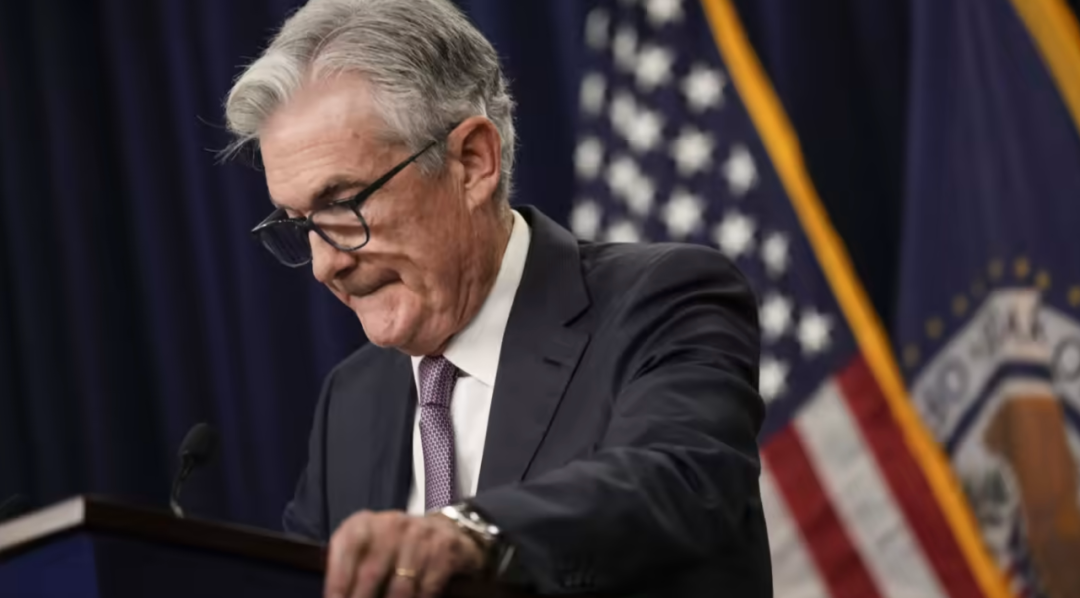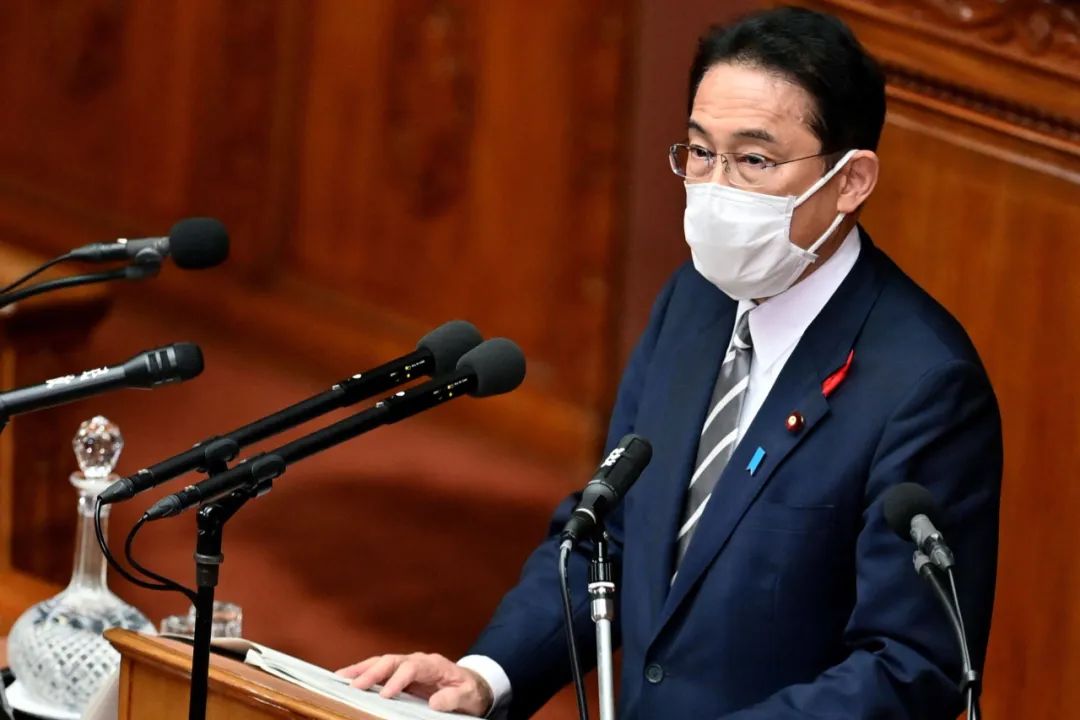The Fed's radical rate hike hurting the allies, and Japan was forced to rescue the Japanese yen for the first time in 24 years
Author:Xinmin Evening News Time:2022.09.23
Some Japanese economic experts analyze that Japan's GDP ranking third in the world is already at stake.
The second day when the Fed announced a significant interest rate hike 75 basis points on the 21st, the yen's exchange rate to the US dollar accelerated to the 145 range. Seeing that the depreciation is unprecedented, Japan finally shot.
On the 22nd, the Japanese government and the Bank of Japan announced their measures to interfere with the foreign exchange market. This is the first time since June 1998, the Japanese government has shot the Japanese yen that has "rescued" plummeted.
What made Japan, which has been "not moving by soldiers"? Chen Zilei, director of the Japan Economic Research Center of Shanghai University of Foreign Economic and Trade, said in an interview with the deep -sea area that the impact of significant depreciation of Japanese yen to the Japanese capital market and the domestic economic industry in the short term, or one of the main reasons for Japan to take action. However, this may only be temporarily stopped. If you want to reverse the situation, Japan can only further enhance the comprehensive national strength.
Japan shot on the foreign exchange market after 24 years
After the Fed announced a significant interest rate hike 75 basis points, the yen's exchange rate against the US dollar fell below the 145 yen exchange to $ 1 on the 22nd, refreshing the lowest point over 24 years.

In the past month, the yen exchange rate of the US dollar exchange rate. Picture source: Google Finance
On the 22nd, the Ministry of Finance of Japan announced that due to a fierce change in the exchange rate of the yen on the US dollar, the Ministry of Finance implemented exchange rate intervention by buying the yen and selling the US dollar on the same day. Affected by this, the yen's exchange rate on the US dollar was strengthened and rose to the 141 range.
Earlier, the Japanese Minister of Finance, Suzuki Suzuki, said that the Japanese government paid great attention to the trend of the foreign exchange market. If the trend of the yen's depreciation continues, it will not rule out necessary measures in the foreign exchange market.
Chen Zilei pointed out that before the intervention in the foreign exchange market, the Japanese government had repeatedly released the signal saying that "it would not be regarded as" it would not be regarded as ". The intervention represents" the boots finally landed. " However, he believes that the Japanese government is also quite clear that intervention in the foreign exchange market is only temporary emergency measures and may have a certain negative impact.
Chen Zilei believes that the reason why Japan will intervene in the foreign exchange market again after 24 years, or based on these points: First, looking back at the past decades, the depreciation of the yen has not occurred in the short term; the second Factors such as weakening foreign demand and rising corporate supply side costs offset the export competitiveness brought about by the devaluation of the yen in the past.
The Federal Reserve ’s interest rate hike cannot be ignored
Faced with the rapid depreciation of the yen, the governor of the Bank of Japan Kuroda Kuroda said: "There are many factors affecting the exchange rate. Among them, there are both unilateral factors and speculative factors."
In Chen Zilei's view, the yen continues to depreciate from both internal and external aspects.
From the inside, the domestic economic fundamentals of Japan are not optimistic, and the status of the Japanese economy in the global economy is declining.
From the outside, changes in the exchange rate of a country are usually closely related to the supply and demand changes in the country's foreign exchange market. Affected by factors such as the epidemic of new coronary pneumonia and the conflict of Russia and Ukraine, the prices of supply -side products such as global energy and raw materials soared, which greatly increased the cost of imports in Japan. In addition, the impact of decreased in addition to plus, the trade deficit of Japanese goods rose to historic peaks.

On the 21st, the Federal Reserve President Powell announced the 75 basis points of interest rate hikes, which is the fifth rate hike this year. Picture source: ft
At the same time, Chen Zilei reminded that the Fed's radical interest rate hike also largely helped push the yen's continuous depreciation. "In order to cope with high inflation, the Federal Reserve raised interest rates for five consecutive times this year. The continued strengthening of the US dollar has brought a large number of international funds to the US local capital market, causing many countries and regions to have high inflation, currency depreciation, and even the risk of debt defaults." Chen Zilei said, "This is a manifestation of the US dollar hegemony that impacts the global economy. Its irresponsible behavior is allowing the world to pay."
Side reflects the decline in Japanese competitiveness
It is worth noting that due to the continuous depreciation of the yen, Japan's total domestic product (GDP) for US dollars (GDP) has fallen back 30 years ago. Some Japanese economic experts analyze that Japan's GDP ranking third in the world is already at stake.
"The depreciation of the yen also reflects the fact that its international competitiveness is declining from the side." Chen Zilei said that the position of the world's third largest economy may not be guaranteed, which is a heavy blow for the Japanese Kishida government. Because when Kishida conducts elections, the economy -oriented people's livelihood problem is the focus of many voters' attention. At present, the support rate of the Kanada government's polls continues to decline, which is also related to its failure to effectively alleviate domestic economic pressure.

On October 8 last year, the Japanese Prime Minister Kishida Shimo delivered a governance speech to emphasize the new economic policy. Picture source: japantimes
In October last year, Kishida Wenxiong emphasized the "new capitalist" goal of achieving the "new capitalist" goal that attaches great importance to growth and distribution in the first administration speech in the Japanese Parliament. Right now, problems such as inflation and the depreciation of the yen are undoubtedly running counter to Kishida's goal of narrowing the gap between the rich and the poor at the beginning.
Chen Zilei pointed out that from the current point of view, "new capitalism" is more like a policy of drawing cakes and lacks effective measures to solve specific problems. In the future, whether it can solve the people's most concerned about people's livelihood issues in a targeted manner is the biggest test of the Kishida government, which continues to decline in support.
Produced deep -sea district studio
Written Wang Ruoxian
Edit deep sea salt
- END -
India levies 20%tariffs on some exported rice
Xinhua News Agency, New Delhi, September 9 (Reporter Hu Xiaoming) The Indian government announced on the 8th that it will impose 20%tariffs on some export rice to ensure domestic food supply.The India
The two ministers resigned, US media: Johnson is really over this time

Comprehensive foreign media news, on the 5th local time, British Prime Minister Jo...